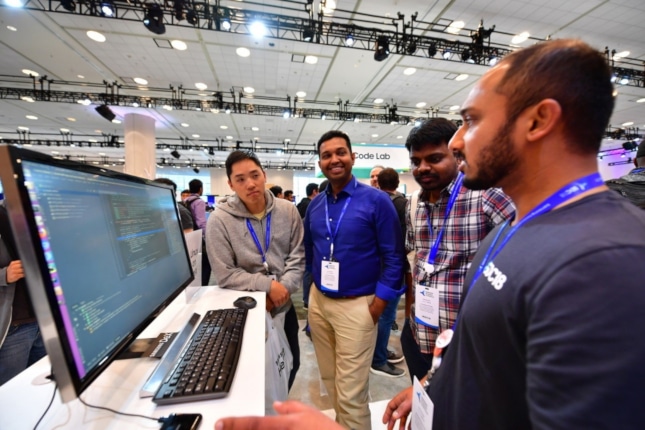
Linux on DeX Beta can turn your Samsung Galaxy smartphone or tablet into an Ubuntu desktop
As Microsoft continues to sully the reputation of Windows 10 with buggy releases and other failures, Linux continues to be a great alternative. Slowly but steadily, consumers are starting to realize Windows isn't necessary anymore. Hell, if Microsoft no longer cares about quality, and is satisfied to release deficient operating system updates, why does it deserve our money and attention?
Linux is great because operating systems based on it can adapt to various hardware configurations -- from meager low-powered computers to hardcore gaming PCs. Android phones are Linux-based, so it should not be surprising that Samsung is keen on transforming some of its Galaxy phones and tablets into makeshift Ubuntu desktops with the use of hardware docks and its DeX software. Called "Linux on Dex," it was announced last year (as "Linux on Galaxy"), but you can now finally sign up to beta test it.

Happy 15th Birthday, Fedora Linux!
Fedora is the best desktop Linux distribution for many reasons. Not only is it fast and reliable, but it is constantly kept up to date with fairly bleeding edge packages. Not to mention, it uses the greatest desktop environment, GNOME, by default. Most importantly, it respects and follows open source ideology. It is a pure Linux and FOSS experience that is an absolute joy to use. It's no wonder Linus Torvalds -- the father of Linux -- chooses it.
With all of that said, Fedora didn't get great overnight. It took years of evolution to become the exceptional operating system it is now. In fact, today, we celebrate the Linux distribution's 15th birthday! Yes, it was way back in 2003 when Fedora Core 1 was released to the world, forever changing the course of history for the better.
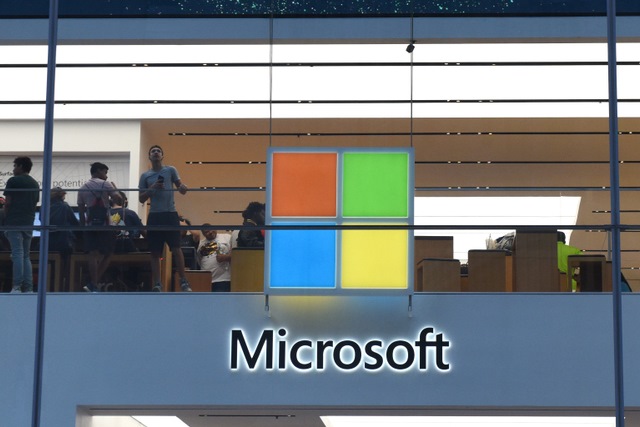
Microsoft is porting Sysinternals utilities to Linux, starting with ProcDump
Microsoft has embraced Linux more and more over the years, and the latest demonstration of this is the company's decision to port the free Sysinternals utilities to work on the platform.
The first tool to make its way to Linux is ProcDump, which can be used to create crash dumps. While not as feature-rich as the Windows version, the Linux port is still a valuable tool. And, importantly, there are more Systinternals tools making their way to Linux.
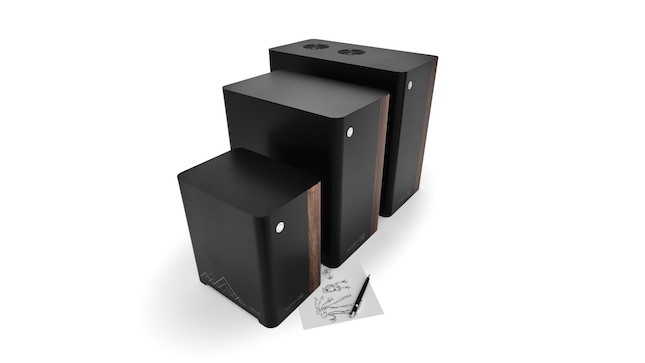
System76 Thelio computer is open source, Linux-powered, and made in the USA
I love when products are made in the USA. Don't get me wrong, I am not against things made in other countries. Hell, it is virtually impossible to live in America and not buy foreign goods. If you look at the tags on your clothes, you will almost never see "Made in the USA." But still, I take pride when a product is made here. For instance, so far in my life, I have only ever owned Ford vehicles. With that said, Ford is moving more and more of its labor to Mexico, but I digress.
Computers made in America are virtually non-existent, but a little company in Denver had a dream to do just that. System76 has long been looking to make a Linux-powered computer in the USA using open source ideology. A lofty goal, which many folks didn't think would ever be achieved. Well, against all odds, today, System76 proves the haters wrong as it finally unveils its much-anticipated Thelio desktop computer. And boy, oh boy, it is beautiful.

Fedora 29 Linux distribution now available for download
Two days ago, it was announced that IBM will be buying Red Hat. While we don't know how the marriage between the two companies will work out, I am cautiously optimistic. I mean, look, Red Hat is a solid organization, and if IBM is true to its word about allowing the RHEL-maker to operate independently, it should largely be a non-issue.
Personally, as a hardcore Fedora user, I can only pray that IBM doesn't mess with my favorite operating system. The acquisition won't be closing for a while, however, and today, after a short public beta period, Fedora 29 is released without any input from IBM. The best desktop Linux operating system simply gets better than ever, and it is time to celebrate by downloading it.

Linux Mint 19.1 'Tessa' coming this Christmas
December is coming, which means one of my favorite holidays, Christmas, is fairly imminent. While I enjoy spending time with family to celebrate the birth of Jesus Christ, I’d be lying if I said I don’t like getting presents. Heck, I really enjoy giving gifts too.
Not all Christmas gifts need to be physical -- sometimes a Linux distribution can be equally rewarding! Case in point, today, we learn Linux Mint 19.1 -- which is named "Tessa" -- will be released around Christmastime. In addition, the Mint developers have launched an official Patreon account as a new way to get funding from users. More importantly, there are some significant upcoming improvements to the Cinnamon desktop environment.

IBM gobbles up open source and Linux darling Red Hat in $34 billion deal
Red Hat Inc. is a great example of how a company can be successful with open source. Hell, Red hat is a billion dollar company -- yes, billion with a "B." Its contributions to the Linux community are invaluable -- RHEL, CentOS, and Fedora are important and indispensable.
That's why I'm a bit scared today. You see, International Business Machines has acquired the open source darling, Red Hat. I suppose IBM could be a great Red Hat owner from a financial standpoint, but IBM's leadership has been questionable over the years. I'm sure I am not alone is fearing that IBM could ultimately ruin Red Hat and its offerings. With that said, IBM has long been an open source proponent, so maybe it will work out well.
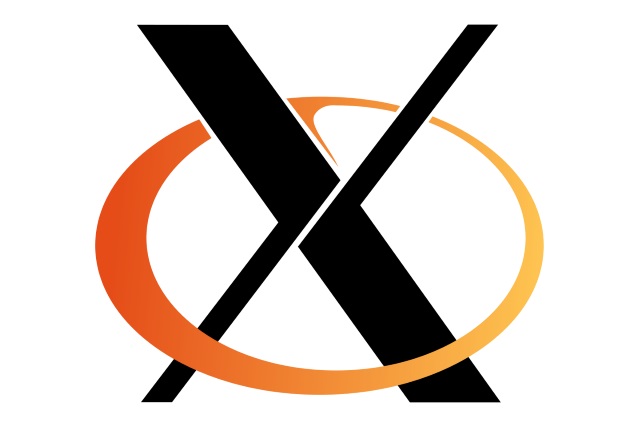
Linux systems vulnerable to privilege escalation and file overwrite exploit in X.Org server
An "incorrect command-line parameter validation" vulnerability in X.Org server makes it possible to escalate privileges as well as overwrite files. The problem affects Linux and BSD distributions using the open source X Window System implementation.
The vulnerability has been present for a couple of years, but has been brought to light by security researcher Narendra Shinde. Unpatched system can be exploited by non-root users if X server is running with elevated privileges.
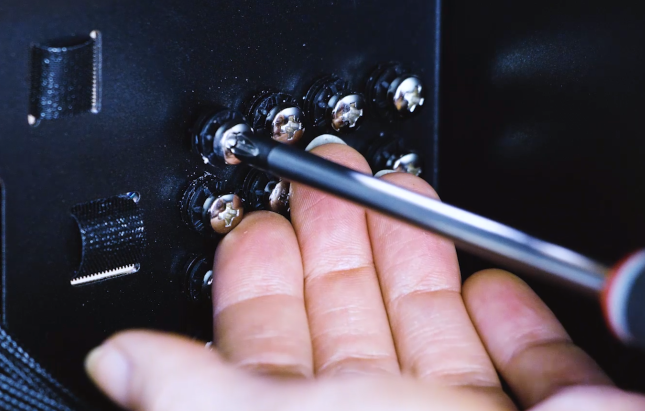
Linux-friendly company System76 shares more open source Thelio computer details
System76 has been making big news in the Linux community lately with its upcoming open source Thelio computer. Many Linux users have been clamoring for System76 to make its own hardware, and that dream will soon be a reality.
Unfortunately, not much is known about Thelio hardware other than it is definitely a desktop computer that is built with open source ideology. Today, however, System76 shares new details and images about the computer with those that signed up for its email list. Probably the most exciting is the promise of an open source "daughter board" that will apparently strip the proprietary aspects from a typical motherboard -- this has me seriously intrigued.

System76 releases Ubuntu-based Pop!_OS 18.10 Linux distribution
System76 is making huge moves lately. The company used to just sell re-branded computers running Ubuntu, and while there was nothing wrong with that, it has much more lofty goals. You see, it released its own Ubuntu-based operating system called "Pop!_OS," and now, it is preparing to release its own self-designed and built open source computers. In other words, much like Apple, System76 is maintaining both the software and hardware aspects of the customer experience.
While its new hardware is not yet available, the latest version of its operating system is. Following the release of Ubuntu 18.10, Pop!_OS 18.10 is now available for download. While it is based on Ubuntu, it is not merely Canonical's operating system with System76 branding and artwork. Actually, there are some significant customizations that make Pop!_OS its own.
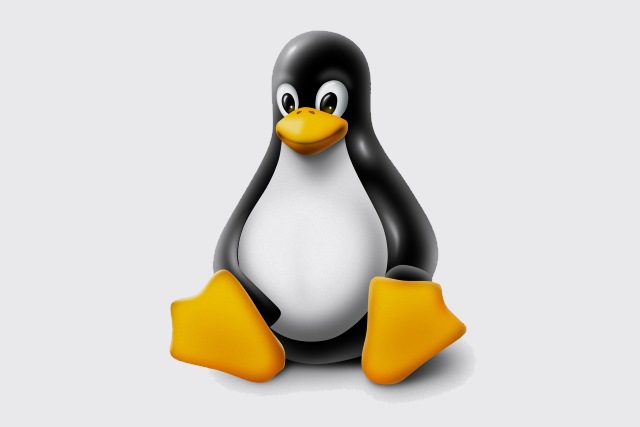
Linus Torvalds is back in charge as Linux kernel 4.19 is released
After taking some time out from the Linux community to "change some of [his] behavior", Linux Torvalds is back. In a post to the Linux Kernel Mailing List announcing the release of Linux kernel 4.19, Greg Kroah-Hartman -- his temporary replacement -- handed back the reins.
After writing about the changes to be found in the latest release, Kroah-Hartman signed off by saying: "Linus, I'm handing the kernel tree back to you. You can have the joy of dealing with the merge window :)".
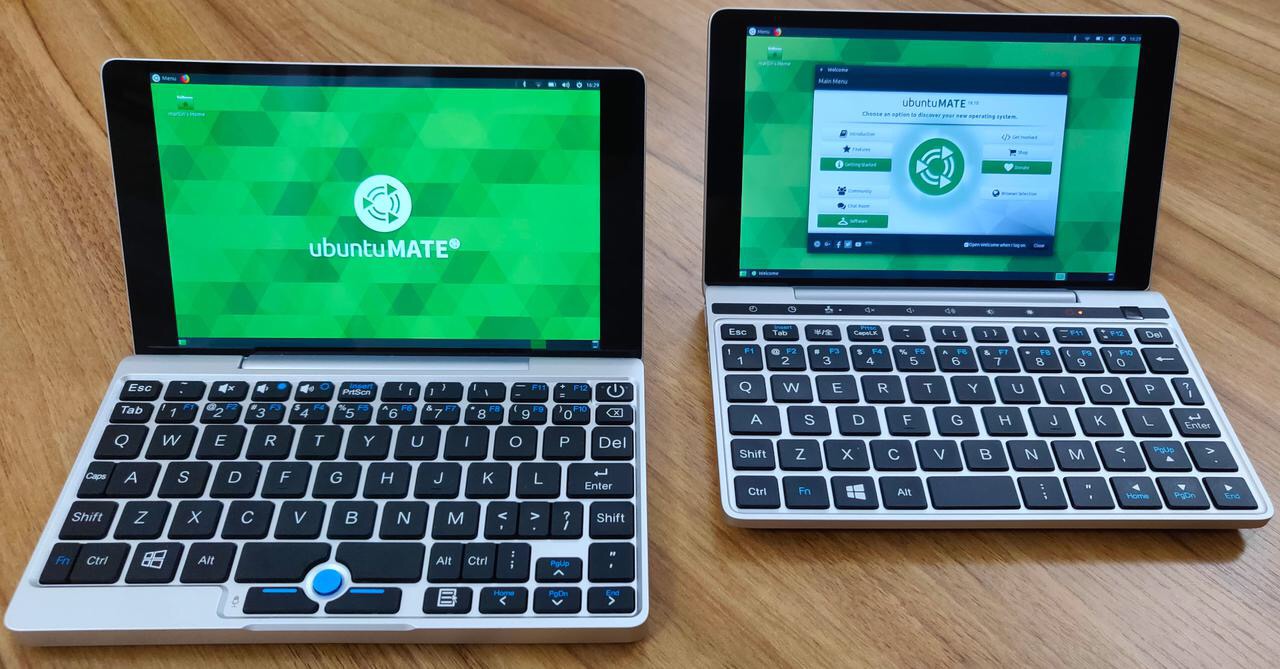
GPD Pocket devices get special Ubuntu MATE 18.10 Linux image
Just yesterday, Ubuntu 18.10 was released. "Cosmic Cuttlefish," as the operating system is called, is available in several flavors featuring various desktop environments other than the stock GNOME -- Xfce (Xbuntu), KDE (Kubuntu), and more.
One such variant, Ubuntu MATE 18.10, is popular thanks to its low system requirements -- it works very well on meager hardware. To highlight just how adaptable the operating system is, a special image has been released for both the GPD Pocket and GPD Pocket 2. If you aren’t familiar with these mini-laptops, please know they are essentially what used to be called a "Palmtop."

Snaps for Linux are a massive success
One of the big knocks against Linux-based operating systems is lack of software. The truth is, there are countless excellent programs for both productivity and fun. One fair criticism, however, is fragmentation between distributions. For end users, it can be difficult installing an app that isn't designed for their distro. And yeah, that has been a pain point for years.
Thankfully, Canonical -- maker of Ubuntu -- aimed to alleviate that problem with Snaps. These containerized packages can be installed on pretty much any Linux distribution, making things easier for both users and developers. But has the organization's standard been a success? Apparently, very much so. As a way to celebrate yesterday's release of Cosmic Cuttlefish, Canonical shares the following infographic.

Ubuntu Linux 18.10 Cosmic Cuttlefish is finally available for download!
There has never been a better time to be a Linux enthusiast. There are so many great distributions from which to choose, including elementary OS 5 Juno, Linux Mint 19, and Bodhi 5.0.0. What do those aforementioned operating systems have in common? They are based on Ubuntu. To take things a step further, Canonical's operating system is based on Debian, but I digress.
But yeah, Ubuntu is wildly popular -- with both end users and other Linux distro maintainers. When a new version of the operating system is released, the world goes wild. Well, it's time to get excited, yall! Today -- after a short Beta period -- Ubuntu Linux 18.10 Cosmic Cuttlefish is finally available for download!
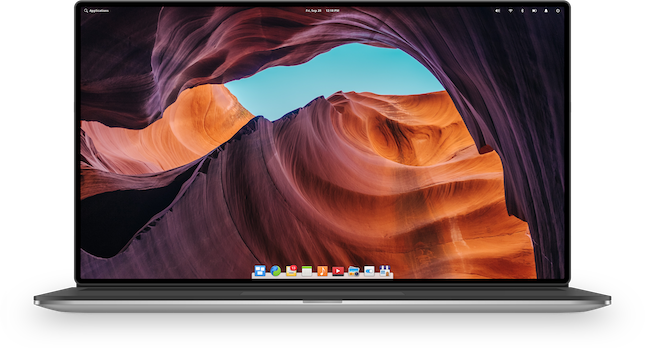
elementary OS 5 'Juno' Linux distribution is ready to replace Windows 10
Using a computer should be fun and inspiring. Windows used to be enjoyable for many consumers, but Microsoft's latest operating system just isn't. Not only is Windows 10 very buggy -- deleting user files is as bad as it gets, folks -- but the spyware nature with the excessive telemetry can make the user feel like a visitor on their own computer. Hey, you spent good money on your PC -- you should feel at home on it, right?
Enter Linux. God bless the open source kernel. Thanks to Linux-based operating systems and excellent free open source software, it is possible to return to the better days of computing. One operating system in particular has put a ton of focus on the user experience -- elementary OS. This is an oversimplification, but the interface feels like a blend between GNOME and macOS. It looks good, is intuitive, and is an absolute pleasure to use. October may be the month of Halloween, but it feels more like Christmas, because the latest version of the operating system -- Juno -- is ready to be unwrapped like a gift.
